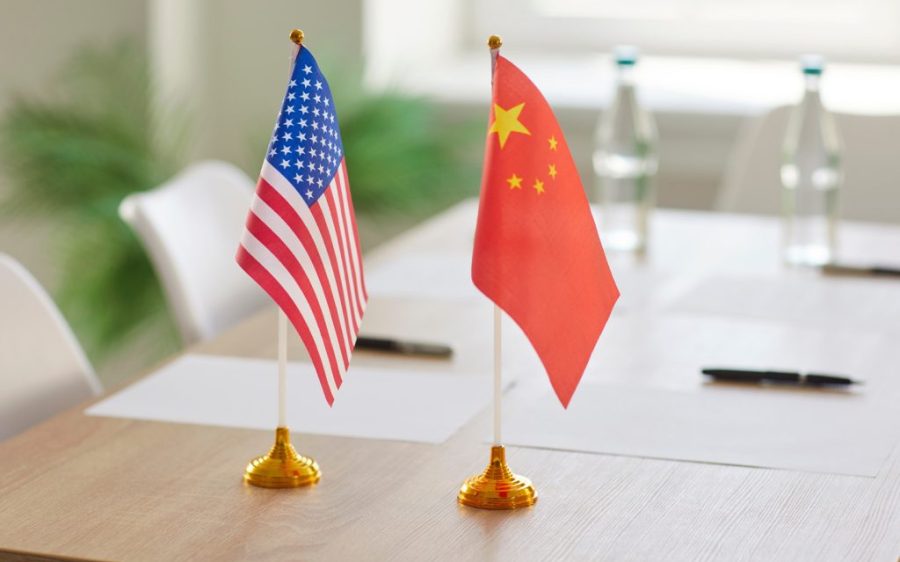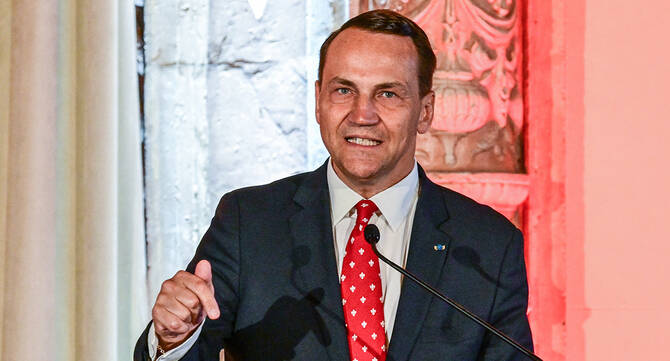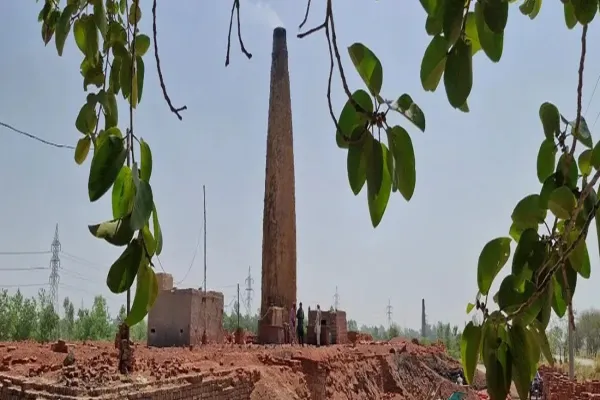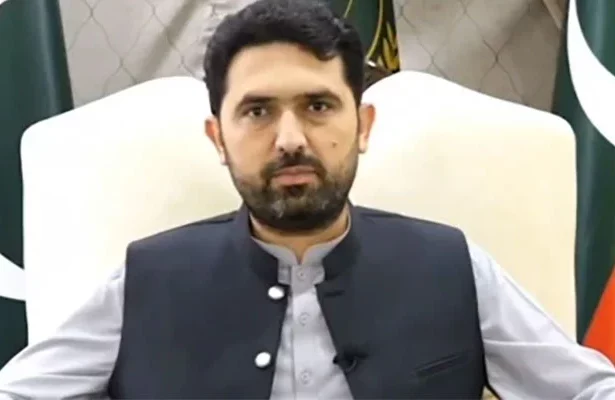On Wednesday, Trump praised Pakistan's Chief of Army Staff again for his contribution in spreading peace in the region. Crisis averted: Trade as diplomatic leverage: During a press conference in The Hague, Trump praised Field Marshal Asim Munir for helping defuse a potentially catastrophic nuclear confrontation between India and Pakistan. He revealed that he had …
Trump Hails Field Marshal Munir’s Role In Averting India‑Pakistan Nuclear Crisis

On Wednesday, Trump praised Pakistan’s Chief of Army Staff again for his contribution in spreading peace in the region.
Crisis averted: Trade as diplomatic leverage:
During a press conference in The Hague, Trump praised Field Marshal Asim Munir for helping defuse a potentially catastrophic nuclear confrontation between India and Pakistan. He revealed that he had leveraged trade incentives as a tool to encourage both sides to stand down.
Trump also stressed on the crisis growing day by day in South Asia. He said, “And that was not whether .. they may someday have nukes. They have nuclear weapons.” Trump explained that he intervened via a series of phone calls and warned that ongoing conflict would disrupt future trade deals.
Direct intervention:
Trump also threatened the countries involved in spreading unrest by using ‘TRADE’ as a weapon. He stated, “I ended that with a series of phone calls on trade. If you are going to be fighting with each other, we are not going to do any trade.”
Also Read: Peggy Whitson’s Fifth Spaceflight Marks Milestone In Commercial Space Travel
He identified the Pakistani army chief as a powerful figure in these efforts. He said, “In fact, I had the general, he was really very impressive.”
He added that Indian Prime Minister Narendra Modi, someone he described as “a great friend,” accepted the logic and chose trade over confrontation. Trump concluded his remarks and said, “And you know what? They said, ‘No, I want to do a trade deal.’ And we stopped the nuclear war.”
Lifting the veil on US-Pakistan diplomacy:
Trump, however, did not directly pinpoint Pakistan’s General but his early description about COAS Field Marshal Munir “an exceptional human being and an inspiring personality” clearly saying that the Pakistani general was central to the de-escalation. This portrayal aligns more with Pakistan’s narrative, which credits subtle US diplomacy for cooling tensions.
America’s strategic view:
In the broader NATO context, Trump also noted: “The Pakistanis know Iran very well, better than most. But they are not happy.” The US considers resuming nuclear negotiations with Tehran. Trump suggested these discussions could reignite “as early as next week.”
Diverging perspectives: India and Pakistan:
Pakistan credits US intervention for achieving calm while India maintains it acted based on its own sovereign decision-making during the May standoff. It shows Pakistan’s satisfaction with Washington’s direct engagement, India’s preference for avoiding external mediation in bilateral conflicts, and Trump’s bid to spotlight Pakistan’s utility in US designs on Iran and broader regional security.
Trump enhances Pakistan ties:
Trump’s remark that negotiations with Iran could recommence soon. It signals a broader diplomatic ambition. His praise of Pakistan’s regional knowledge and Munir’s leadership underscores America’s strategy to utilize Pakistan as a wedge for re-engagement with Iran.











